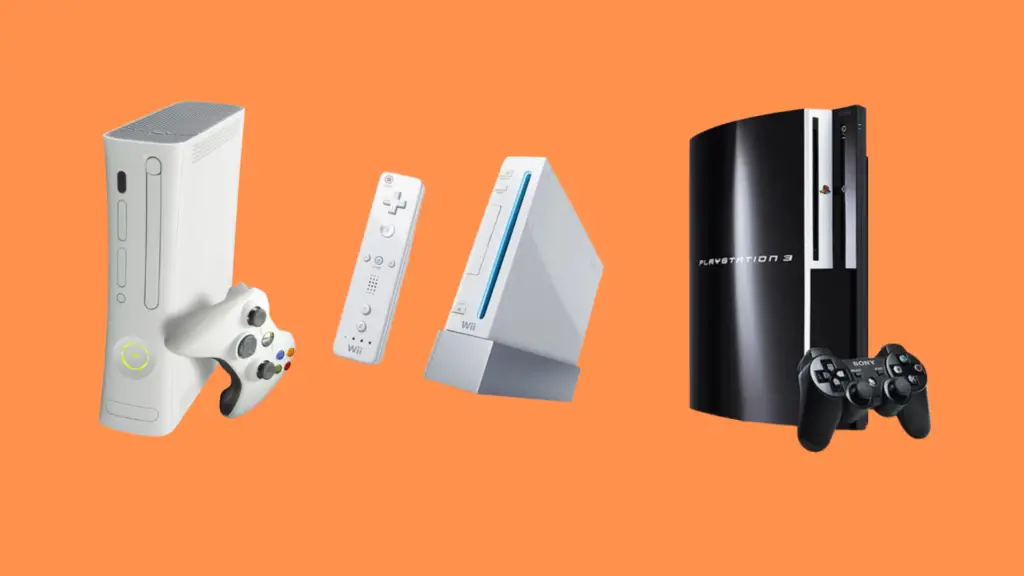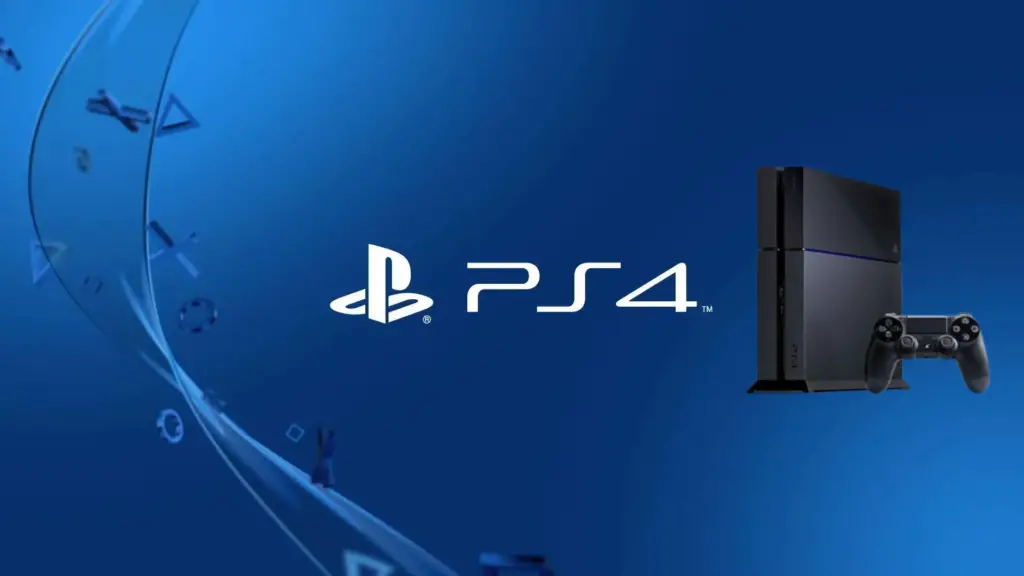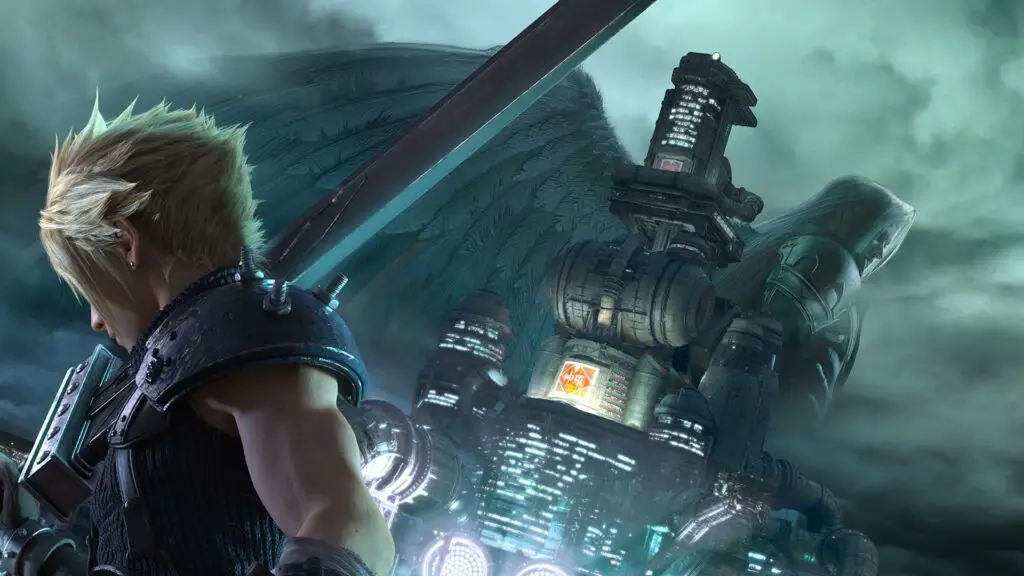With the PlayStation 5 and its rough release, Sony is looking for new ways to monetize their console without alienating consumers like they did in the previous generation. In the past few years, it’s become clear that the company no longer desires to rely on permanent exclusives but rather on timed exclusives.
Where It All Began

During the seventh generation of video game consoles primarily centered around the Nintendo Wii, Xbox 360, and PlayStation 3, the competition was more cutthroat than ever.
The innovations brought about by the motion controls of the Wii and its powerful library of first-party exclusives allowed Nintendo to sit in a highly successful position largely independent of what was going on between Sony and Microsoft.
Despite having inferior hardware to the PlayStation 3, Microsoft was dominating the market with the Xbox 360 by offering reliable, fast, and efficient online multiplayer with the premium Xbox Live service as well as a number of incredible exclusives like Gears of War (2006), Halo 3 (2007), Fable II (2008) and timed exclusives like BioShock (2007).
The PlayStation 3 was a better system in terms of its components and offered support for Blu-Ray discs, unlike the Xbox 360, but it suffered many problems. In addition to being notoriously difficult to develop for to the point that even Lord Gaben complained about it publicly, the PlayStation 3 also had a debatably inferior library of exclusives that couldn’t compete with the sales of Xbox franchises.
While the PlayStation Network (PSN) offered gamers free online multiplayer at the time and a store for the digital distribution of new titles, wallpaper, and other swag, it failed to match the quality of Xbox Live, which charged gamers per month for access.
The Tables Turn

In retaliation for the struggles of the PlayStation 3 and to solidify a stronger place in the market, Sony took extraordinary measures to ensure the success of the PlayStation 4 during the eighth generation of video game systems.
To be fair, Microsoft dropped the ball early, marketing its new console at the time as the “all-in-one, Xbox One” instead of giving it a more appropriate name like the Xbox 720 or something more indicative of a successor to the Xbox 360. What’s worse, the company focused advertising on anything but games and put emphasis on the improved Kinect, a peripheral that barely anyone cared for to begin with.
Nintendo wasn’t doing very well either at this moment in history. Despite a great library of first-party titles, the Wii U was not marketed well and was considered a colossal failure for the company, to the point that the late CEO Satoru Iwata took a 50% cut in his personal salary as an apology.
But as more games that were once exclusive to Xbox started trickling over to the PlayStation as well as PC, Sony was busy assembling an army of new titles in franchises that existed and did not in a bid practically force people to buy a PlayStation 4 not to miss out.
Plus, Sony ensured that the PlayStation 4 had faster memory, a much better controller to fit a wider range of hands, and an easier development kit for studios to work with.
Once Sony began requiring a subscription to the PSN from its base of gamers in the form of PlayStation Plus, the online service vastly improved, with more reliable connection during multiplayer as well as unbeatable bonuses like a free game every single month.
With brand-new exclusives such as Bloodborne (2015), Uncharted 4: A Thief’s End (2016), Horizon: Zero Dawn (2017), Marvel’s Spider-Man (2018), and Final Fantasy VII Remake (2020), Sony took its power back and dominated the entire console generation.
Cue to the Present

Today, nothing is really exclusive anymore. Even when branded on the box as “Only On X System,” everything eventually gets ported with very few exceptions. This applies to both Microsoft and Sony.
With the Xbox Game Pass, you can stream virtually any game from any generation of Xbox on your PC, phone, or tablet.
- Read more: Ratchet & Clank Is Finally Coming to PC
Nearly every single title and franchise once marketed as a PlayStation exclusive has now been ported to other systems. Here are a bunch of major examples:
- Horizon: Zero Dawn (Complete Edition released on PC in August 2020)
- Final Fantasy VII Remake (Remake + Intergrade released on PC in December 2021)
- Uncharted (Legacy of Thieves Collection released on PC in January 2022)
- Marvel’s Spider-Man (released on PC in August 2022)
- The Last of Us (Part I released on PC in March 2023)
Even Crash Bandicoot 4: It’s About Time (2020), one of Sony’s long-standing mascots, is now on every single major system.
This is absolutely for the better, as allowing gamers to enjoy franchises on their system of choice brings the power back to the player and doesn’t alienate them into purchasing a whole slew of systems they really don’t need.

